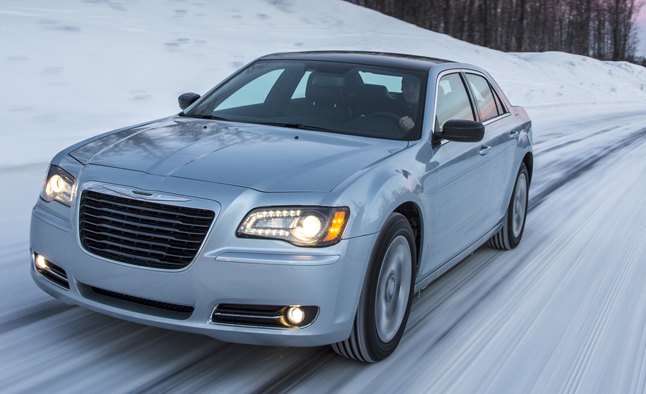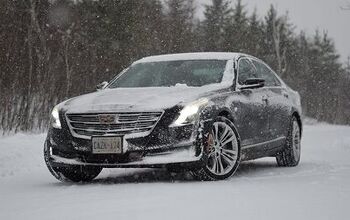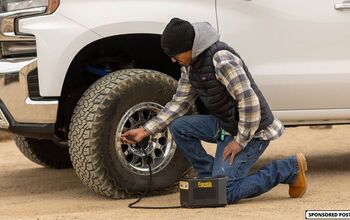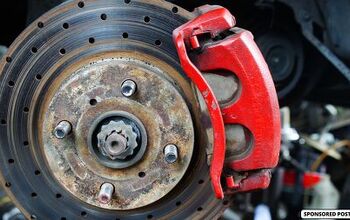When Should You Put Your Winter Tires On?

Updated March 2019
Chaos ensues at local tire shops when the snow belt states get their first flurries of the season.
Like an animal instinct, the first sign of fluffy white flakes has people running to the garage, stuffing the family hauler with dusty winter rubber and racing off to the installation shop. Problem is, by then it’s already too late.
Winter tires should be installed well in advance of the first snowfall. Regardless of whether they are snow tires, ice tires or winter performance tires, all cold weather rubber is designed for more than just messy weather. These tires feature rubber compound and tread designs that are created to help maintain traction in colder weather even if the roads are clear and dry.
So When is it Time for a Change?
Well there isn’t a simple answer; it depends on the type of tire installed on your car and the brand that made them. But as a general rule, all-season tires should be switched over when temperatures begin falling below the 45 degree mark. At this point, all-season tires begin the ‘harden’ up as the rubber compound they are made out of starts to lose its elasticity. The colder the temperature gets, the less pliable a tire gets and eventually becomes so hard it is more like a giant plastic circle than a rubber tire.
Consider the time of day you’re driving as well. While daily highs could be well above 50 degrees, the temperature could be below 45 in early morning and in the evening when you do your daily commute.
Tires Freeze
To understand how much grip is lost when a tire freezes, imagine walking around on a skating rink with rubber soled winter boots and then trying it again in a pair of tap shoes. Frozen tires also limit the amount of sidewall flex that can lead to unpredictable tire behavior on rough or snow-rutted roads. As well, when a tire freezes up, it’s more prone to faster tread wear.
See Also: Cooper Tires Discoverer True North Winter Tire Review
Those using summer tires need to switch things over even earlier. The rubber compound in these performance orientated tires is designed to handle extremely hot temperatures, the flip side being a higher freezing point. Aim to change these tires over when temperatures begin to dip below 50 degrees consistently.
Mark it on Your Calendar
We understand that not everyone will be glued to a thermometer day in and day out waiting for the day when temperatures dip low enough to require a tire change. Many people pick a calendar date to perform a tire swap when temperatures usually hit the changeover zone for their region. But, installing winter tires too early when temperatures are too high can cause the tire to overheat and be just as detrimental to both tire life and vehicle drivability as driving on an all-season tire in the winter.
It is best to consult your local tire shop as to when they recommend swapping over your tires. But using the general guideline of 45 degrees for all-season tires and 50 degrees for summer tires should help keep you safe on the road and get the longest use out of your tires.

A 20+ year industry veteran, Mike rejoins the AutoGuide team as the Managing Editor. He started his career at a young age working at dealerships, car rentals, and used car advertisers. He then found his true passion, automotive writing. After contributing to multiple websites for several years, he spent the next six years working at the head office of an automotive OEM, before returning back to the field he loves. He is a member of the Automobile Journalists Association of Canada (AJAC), and Midwest Automotive Media Association (MAMA). He's the recipient of a feature writing of the year award and multiple video of the year awards.
More by Mike Schlee
































Comments
Join the conversation
All the fags complaining about snow tires probably drive late 90's Honda Civic's with huge exhaust pipes and barely have enough money for gas. Stay in your lane snow tires were not made for you anyways.
Is is safe to say November = Snow Tires March = Summer / All Season Tires ?